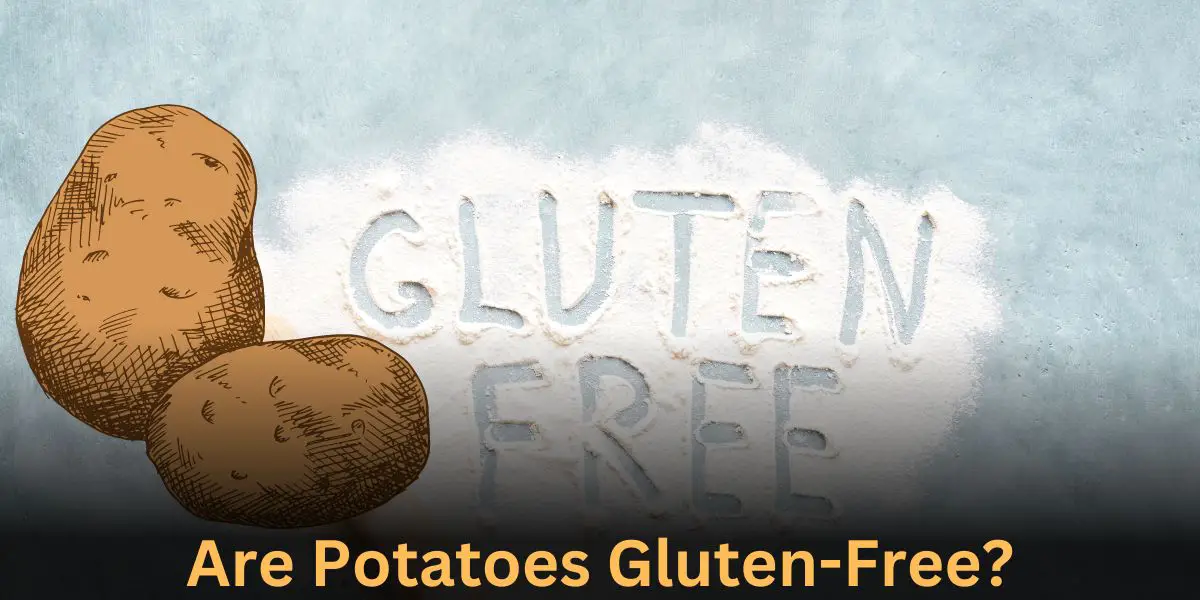Potatoes are naturally gluten-free and can be a healthy part of a gluten-free diet. They are rich in vitamins, minerals, and fiber, making them a nutritious choice for those with celiac disease or gluten sensitivity.
Gluten is a protein found in wheat, barley, rye, and their derivatives. For individuals with gluten sensitivity or celiac disease, consuming gluten can lead to digestive issues, inflammation, and other health problems. This raises the question: are potatoes gluten-free?
What is Gluten?
Gluten is a complex protein that gives dough its elasticity and helps it rise and maintain its shape. It is found in many grains, including wheat, barley, and rye. For individuals with celiac disease, gluten sensitivity, or wheat allergy, consuming gluten can trigger an immune response that damages the lining of the small intestine.
Gluten Sensitivity and Celiac Disease
Celiac disease is an autoimmune disorder in which the ingestion of gluten leads to damage in the small intestine. It affects about 1% of the population worldwide. Gluten sensitivity, also known as non-celiac gluten sensitivity, is a condition in which individuals experience symptoms similar to those of celiac disease but do not test positive for it.
Gluten in Foods
Gluten is commonly found in foods such as bread, pasta, cereal, and baked goods. It can also be found in processed foods, condiments, and sauces. It is important for individuals with gluten sensitivity or celiac disease to carefully read food labels and avoid foods that contain gluten or may be cross-contaminated with gluten.
Are Potatoes Gluten-Free?
Yes, potatoes are naturally gluten-free. They are a versatile and nutritious vegetable that can be enjoyed by individuals on a gluten-free diet. Potatoes are rich in vitamins, minerals, and fiber, making them a healthy choice for those with celiac disease or gluten sensitivity.
Also Read: Top 10 High Protein Dry Fruits for Health
Health Benefits of Potatoes
Potatoes are an excellent source of vitamin C, potassium, and fiber. They also contain antioxidants, which can help protect the body against damage from free radicals. Potatoes are low in calories and fat, making them a healthy option for weight management.
How to Include Potatoes in a Gluten-Free Diet
There are many ways to incorporate potatoes into a gluten-free diet. They can be boiled, baked, mashed, or roasted and served as a side dish or added to soups, stews, and casseroles. Sweet potatoes, which are also gluten-free, are a delicious and nutritious alternative to regular potatoes.
Conclusion
In conclusion, potatoes are gluten-free and can be a healthy part of a gluten-free diet. They are rich in vitamins, minerals, and fiber, making them a nutritious choice for individuals with celiac disease or gluten sensitivity. By including potatoes in your diet, you can enjoy their many health benefits while avoiding gluten-containing foods.
Also Read: Are you looking to reduce your intake of refined sugars?



